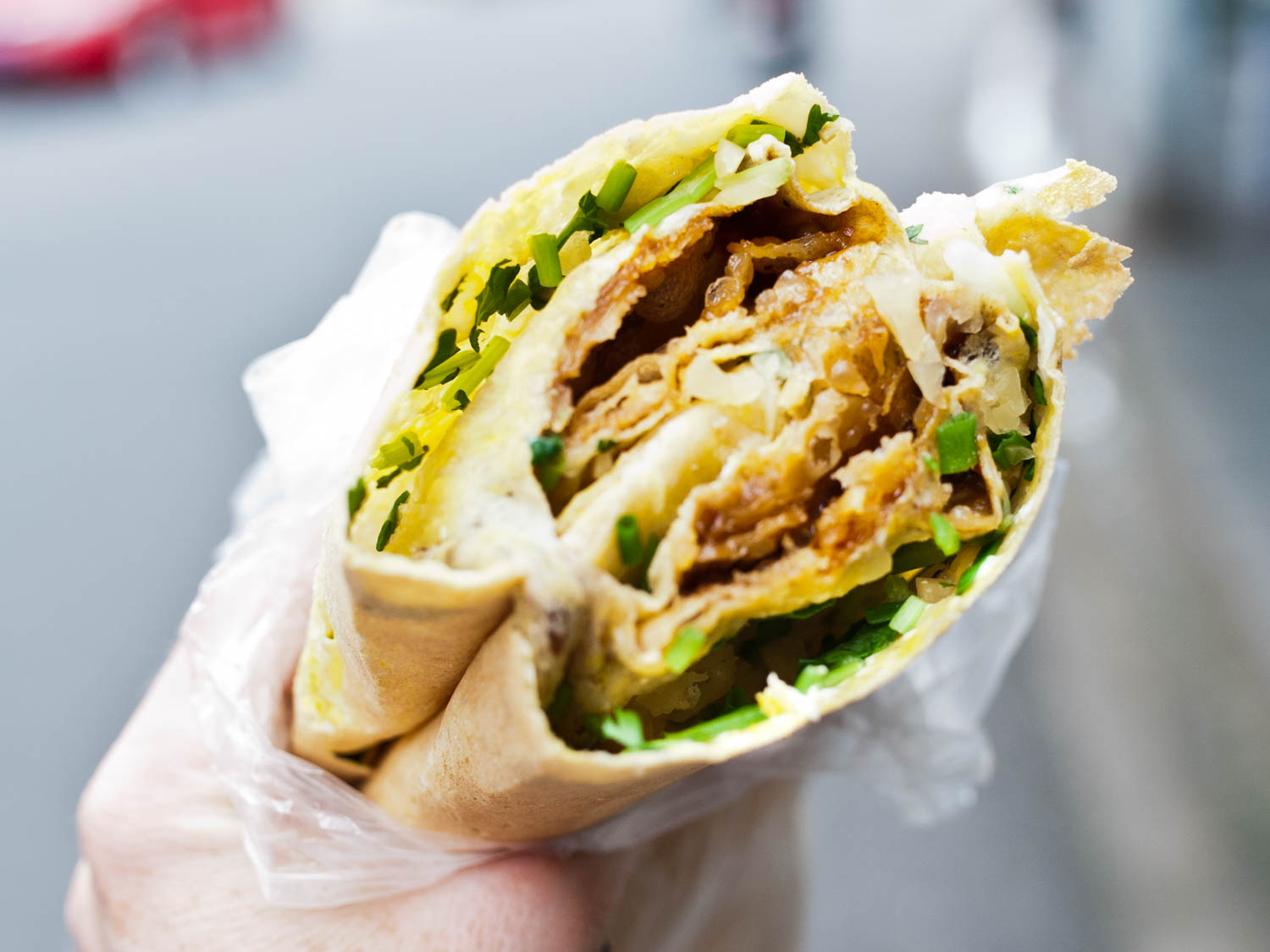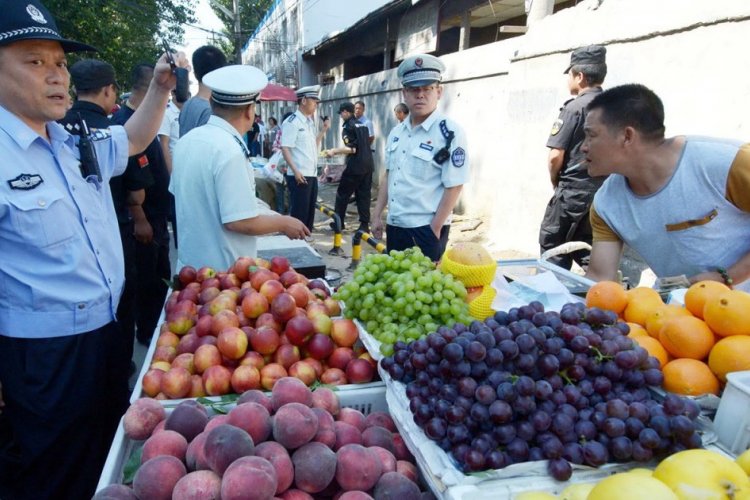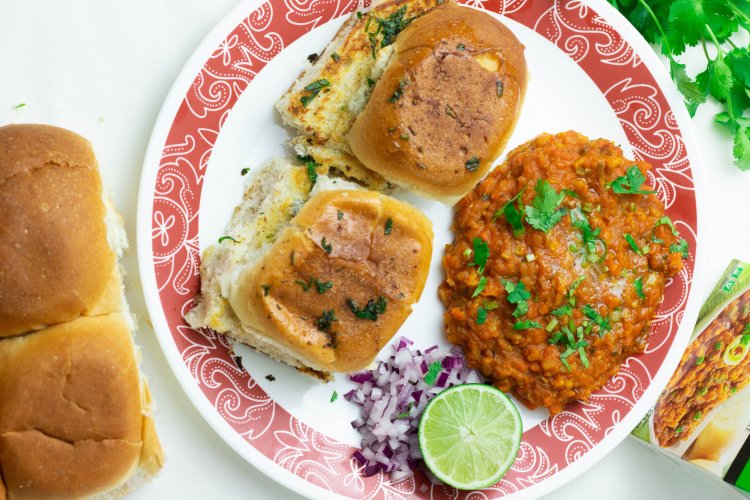Street Food Comeback: Beijing Makes Moves to Reinvigorate Its Roadside Vendors
Is Beijing on the verge of a street food renaissance? It appears so, food lovers. Although there has not been an official announcement, Beijng is making moves to reinvigorate the local economy and boost domestic consumption in light of the coronavirus by allowing food sellers and other merchants to set up shop at designated points throughout the city.
This comes in stark contrast to more stringent policies implemented since 2014 that have actively targetted street sellers, or 路边摊 lù biān tān, requiring that they undergo forced renovations in an effort to "clean up" Beijing's image. Instead, the new measures seem to reflect recent changes that have taken place in other Chinese cities where street sellers have not only been tolerated but actively encouraged.
In his closing remarks at this year's Two Sessions on May 28, Chinese Premier Li Keqiang used Chengdu as an example of how a city's street economy can flourish under the right conditions, citing the 36,000 street stalls the Sichuan capital is now home to and the 100,000 jobs they have helped create.
Earlier this week, an unofficial list of 109 designated areas where street food vendors could set up shop – including central shopping hubs such as Sanlitun, Dongzhimen, Tuanjiehu, as well as around Chaoyang Park – was circulated via WeChat, generating significant buzz among those apparently eager to see vendors return.

If implemented, the policy looks to be a part of Beijing's larger push to reinvigorate the city's nighttime consumption, and should it go through, it stands to generate a steady income for street vendors and a substantial amount of profit. Despite your average street food seller – armed with nothing more than a cart and raw ingredients – specializing in food items like jianbing, kaolengmian, malatang, and chuan'r that cost no more than RMB 5-20 each, they are said to be able to make as much as RMB 30,000 on a good night.
So far there have been mixed views on Weibo about the loosening of street vendor restrictions. Some users have expressed their nostalgia for the practice, while others have taken a less sympathetic view, stating that it would likely make the city dirtier.
For now, we're excited by the prospect of the city's food vendors returning, given that lazy summer evenings munching on cheap street eats has long been an integral part of the Beijing experience. For years, they provided a space where people from all walks of life would pitch up on wooden stools and hobnob with neighbors over a Yanjing or two, forming bonds that may not have otherwise been possible.
READ: Two Sessions Recap: HPV Treatment, Ban on Eating Cats and Dogs,
and a Marriage Cooling Off Period
Image: Nicole Sun, Serious Eats
Related stories :
Comments
New comments are displayed first.Comments
![]() Sikaote
Submitted by Guest on Mon, 06/29/2020 - 17:20 Permalink
Sikaote
Submitted by Guest on Mon, 06/29/2020 - 17:20 Permalink
Re: Street Food Comeback: Beijing Makes Moves to Reinvigorate...
Street Food Comeback: Beijing Makes Moves to Reinvigorate Its Roadside Vendors
Does dude in the header pic know he just flashed a Crip sign for "f that s up"?

![]() Sikaote
Submitted by Guest on Mon, 06/29/2020 - 17:18 Permalink
Sikaote
Submitted by Guest on Mon, 06/29/2020 - 17:18 Permalink
Re: Street Food Comeback: Beijing Makes Moves to Reinvigorate...
armed with nothing more than a cart and raw ingredients
I read this as "cat" and thought 'here we go'.

![]() Sikaote
Submitted by Guest on Mon, 06/29/2020 - 17:16 Permalink
Sikaote
Submitted by Guest on Mon, 06/29/2020 - 17:16 Permalink
Re: Street Food Comeback: Beijing Makes Moves to Reinvigorate...

I always love the street markets and food, any place I travel that is the thing I enjoy in the city, people who directly benefit and support themselves from my spending, very community enhancing
I eat 'cause it tastes good. But I understand your point. Once upon a time, in this delightful little cul de sac off Voyjanovy Sady in Budapest, I was just about to take another bite o' veres hurka when the thought popped up, "Hey! I'm helping enhance the community!" Do you know how badly charlie-horsed a soy-boy like your humble narrator here can get, patting hisself on the back like that?
Ancient Pannonian proverb: "Hunger is the best sauce; self-righteousness fast sours into spite."
![]() sozz7
Submitted by Guest on Mon, 06/29/2020 - 08:07 Permalink
sozz7
Submitted by Guest on Mon, 06/29/2020 - 08:07 Permalink
Re: Street Food Comeback: Beijing Makes Moves to Reinvigorate...
I always love the street markets and food, any place I travel that is the thing I enjoy in the city, people who directly benefit and support themselves from my spending, very community enhancing
Validate your mobile phone number to post comments.





